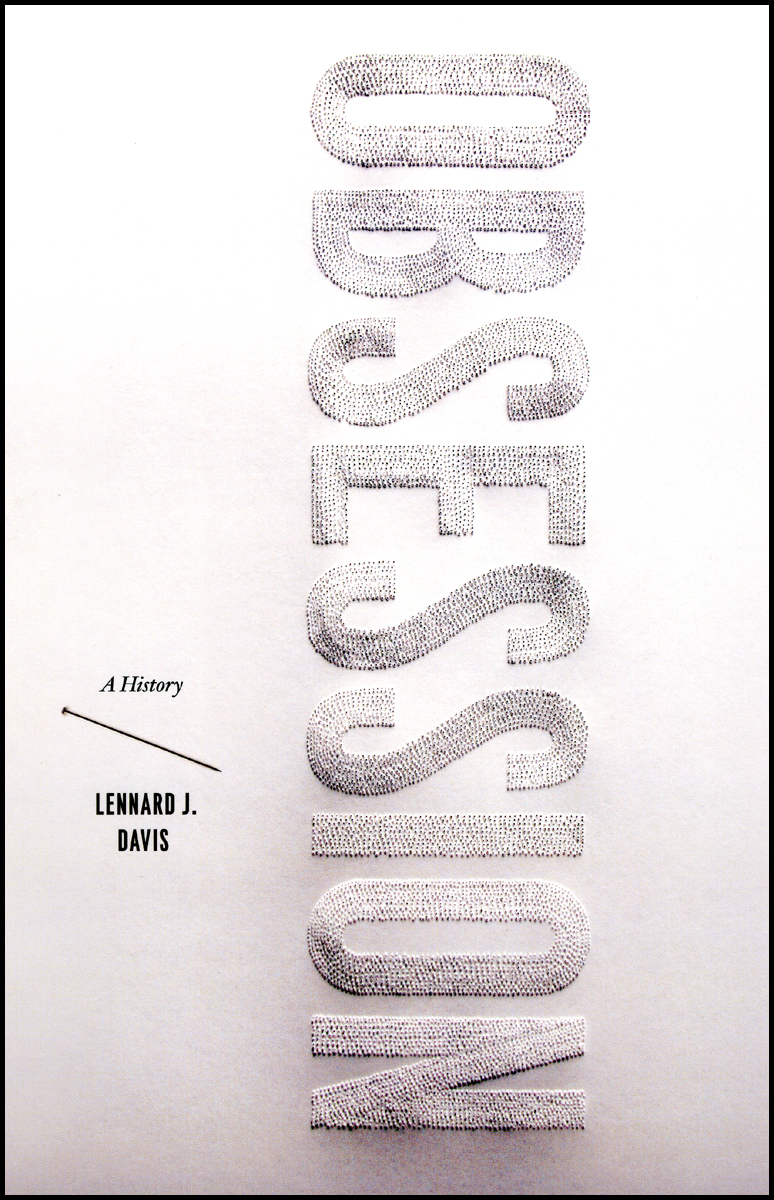Obsession—illness or ideal?
 We were pleased to note this morning that Lennard J. Davis’s new book, Obsession: A History is the frontpage story in this week’s Chicago Reader. The article by the Reader‘s Deanna Isaacs focuses both on Davis himself and on the way his book complicates the common notion of obsession as a medical disorder, demonstrating that it’s actually much more prevalent in modern society than one might guess:
We were pleased to note this morning that Lennard J. Davis’s new book, Obsession: A History is the frontpage story in this week’s Chicago Reader. The article by the Reader‘s Deanna Isaacs focuses both on Davis himself and on the way his book complicates the common notion of obsession as a medical disorder, demonstrating that it’s actually much more prevalent in modern society than one might guess:
We live in an age of obsession, some of us sick with it and some of us wildly successful because of it. If you ran the appointed number of miles for your workout this morning, took all your supplements, read the papers, perused all the necessary Web sites, and are planning to put in a focused, 10- or 12-hour day on the job, you’re headed down the culturally approved obsessive path to reward.
If, on the other hand, you’re mopping your kitchen floor ten times a day or heading to the sink for your 80th hand-washing, hoarding every plastic bag you ever got at Jewel, and lying awake at night counting the lights in neighboring buildings, someone close to you is probably suggesting that you see a doctor, get a diagnosis, and take a pill to fix your obvious case of obsessive-compulsive disorder.
Never mind that the guy writing the prescription is just as obsessed as you are. He’s on the right side of our cultural fixation and you’re not.
That’s the argument in Obsession: A History, UIC professor Lennard J. Davis’s study of the rise and bifurcated path of obsessive behavior as both an illness and an ideal in the modern world.… He says that in our culture it’s not only common but highly desirable to be a little nuts, as long as the craziness takes the form of obsession—the “singular attention to a particular thing” that our highly specialized jobs, electronically connected environment, and extreme hobbies demand.
Pick up a copy of the Reader for the complete article or find it online here. Also read an interview with the author and listen to Davis on the Chicago Audio Works podcast.